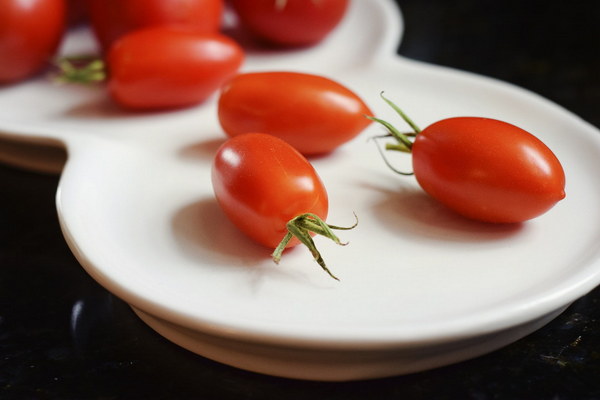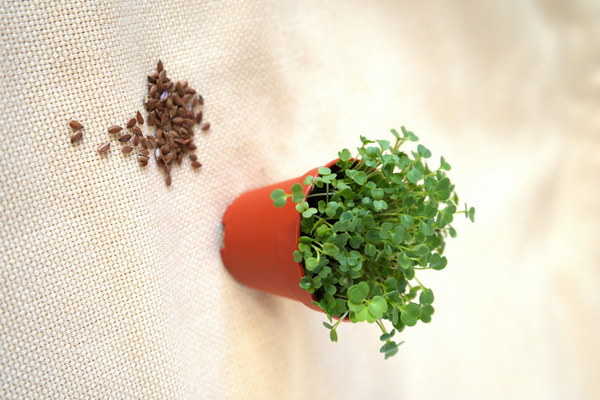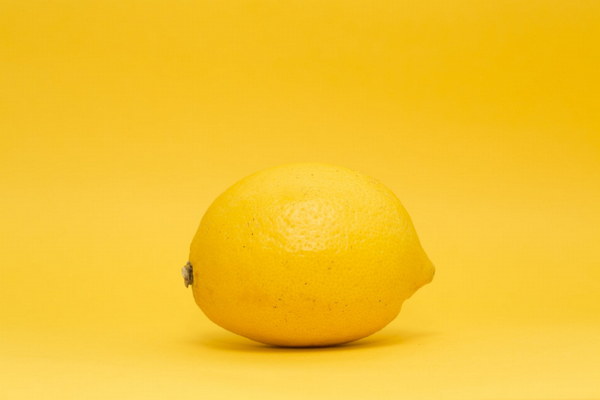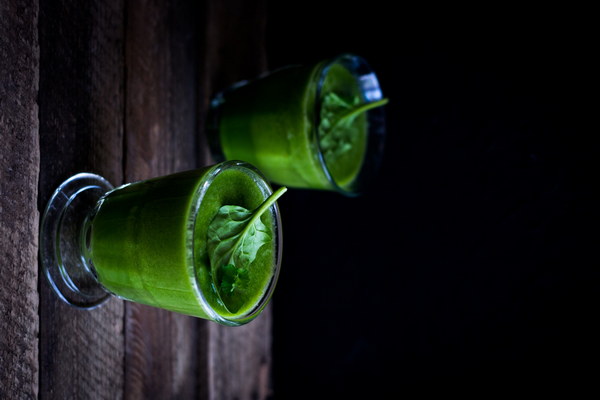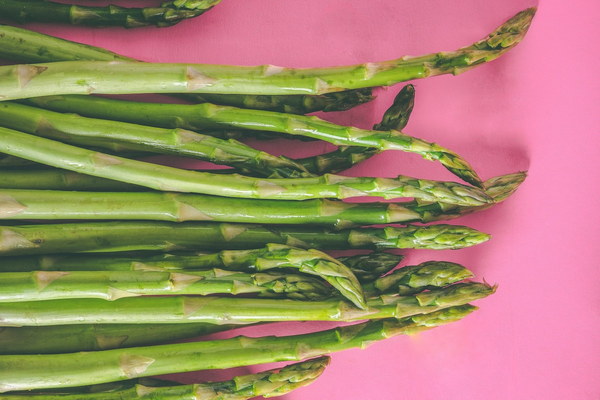Unlock Nature's Secret The Effective Warming and Damp-Dispersing Properties of Chinese Herbs
In the vast and diverse realm of traditional Chinese medicine, there lies a treasure trove of natural remedies that have been passed down through generations. Among these, the concept of dampness and its eradication through the use of damp-dispersing herbs has long been a cornerstone of healing. This article delves into the fascinating world of dampness, its causes, and the remarkable properties of certain Chinese herbs that can effectively alleviate and expel dampness from the body, promoting overall health and well-being.

What is Dampness?
In traditional Chinese medicine, dampness refers to a pathological condition that arises when the body's internal environment becomes imbalanced. It is characterized by a sticky, heavy, and cloudy sensation, which can manifest in various physical and psychological symptoms. Dampness can be caused by a variety of factors, including poor diet, excessive exposure to wet or cold weather, and internal issues such as kidney and spleen weakness.
Common symptoms of dampness include:
- Fatigue and lethargy
- Bloated, heavy feeling in the body
- Edema, especially in the lower limbs
- Poor digestion and bloating
- Mucus production and sinus congestion
- Joint pain and stiffness
- Depressed mood and irritability
The Warming and Damp-Dispersing Properties of Chinese Herbs
To combat dampness, Chinese medicine relies on a variety of herbs that have warming and damp-dispersing properties. These herbs work by expelling dampness from the body, restoring balance, and alleviating symptoms. Some of the most effective damp-dispersing herbs include:
1. Cinnamon (Cinnamomum cassia): Cinnamon is a popular spice with warming properties that can help expel dampness. It is often used in herbal formulas to improve digestion and relieve joint pain.
2. Atractylodes (Atractylodes macrocephala): Atractylodes is a key herb in Chinese medicine for dampness, as it helps to strengthen the spleen, promote digestion, and eliminate dampness.
3. Alisma (Alisma orientale): Alisma is a diuretic herb that can help to eliminate excess dampness from the body, particularly in cases of edema and bloating.
4. Poria (Poria cocos): Poria is a versatile herb that can be used to treat a wide range of dampness-related conditions. It is particularly effective for promoting urination and reducing edema.
5. White Atractylodes (Atractylodes macrocephala alba): Similar to Atractylodes macrocephala, White Atractylodes is used to strengthen the spleen, improve digestion, and expel dampness.
Combining Herbs for Optimal Results
While each of these herbs has its own unique properties, it is often more effective to combine them in a formula tailored to the individual's specific condition. A skilled herbalist or practitioner of traditional Chinese medicine can create a personalized formula that addresses the root cause of dampness, taking into account the patient's overall health and constitution.
In conclusion, the warming and damp-dispersing properties of certain Chinese herbs offer a natural and effective solution for those suffering from dampness-related conditions. By understanding the underlying causes of dampness and utilizing these time-honored remedies, individuals can unlock nature's secret to a healthier, more balanced life.
